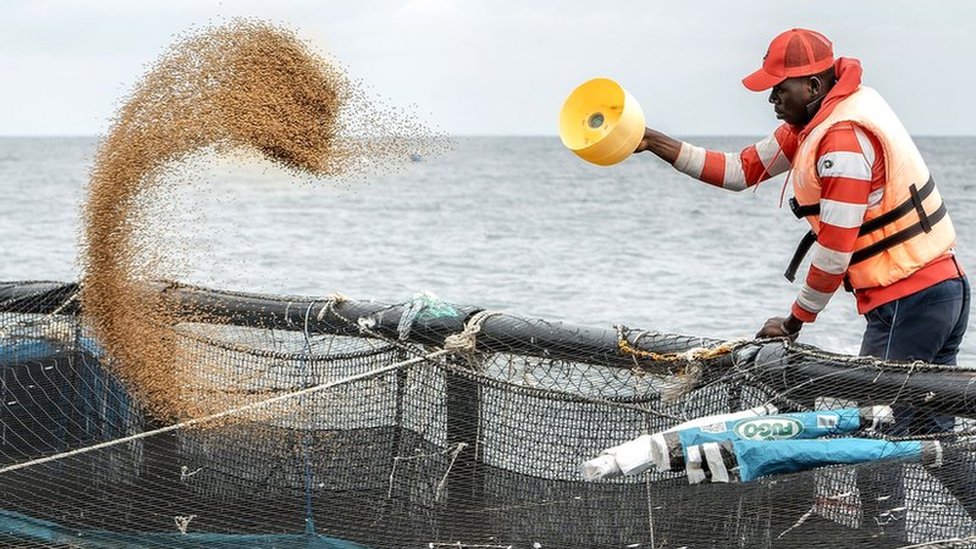Nigeria’s aquaculture sector is expanding rapidly, producing 500,000 metric tonnes of fish yearly and supporting the livelihoods of tens of thousands of families.
Central to this growth spurt is the rising misuse of antibiotics, fuelling the global threat of antimicrobial resistance, or AMR.
As fish farmers battle recurrent pond infections, antibiotics have emerged as a quick fix.
A worrying trend
The impacts are grievous. Worldwide, AMR causes over 1.27 million deaths each year. Experts caution that this may skyrocket to 10 million by the year 2050, barring urgent intervention.
In Nigeria, recent data portray troubling levels of antibiotic misuse.
A survey of fish farmers in Katsina State revealed that 65.6% used antibiotics, often without veterinary guidance. While some acknowledged the risks for fish, more than half (56.2%) were unaware of the dangers of consuming fish with antibiotic residues.
Research shows that the overuse of antibiotics in aquaculture produces resistant bacteria that spread through pond water, fish stock and finally consumers who unknowingly eat contaminated fish.
For Africa, the impacts could be dire. One report cautions that, without intervention, AMR could slash livestock production—including aquaculture—by 2.6% to 7.5% annually by 2050.
In response, the federal government is ramping up awareness through campaigns and capacity-building training for farmers.
Authorities are encouraging fisheries to adopt safer alternatives like probiotics, improved pond hygiene and stronger biosecurity measures.
These include regular equipment sanitation, quarantine procedures for new stock and early reporting of disease outbreaks.
The government is also tightening farm-level regulations to discourage antibiotic use without a veterinarian’s prescription.
Africa’s response to deepening antibiotic misuse
Nigeria’s response aligns with broader regional efforts.
The national AMR surveillance network in Rwanda is helping to regulate drug use across livestock sectors, including aquaculture.
Along with policies to promote the prudent use of antimicrobials in animals, Ghana has upgraded laboratories to monitor antimicrobials used at the farm level.
Likewise, Zimbabwe has also incorporated aquaculture practices as part of its One Health AMR strategy by training fisheries, veterinarians and AMR national focal points on mitigation strategies.
Barriers persist, however. Most fish farms in Nigeria operate informally, hindering regulation.
Access to veterinarians is limited in rural areas, and consultation fees can be prohibitive.
Enforcement of regulations on the sales of antibiotics is lax, hampered by low literacy in some farming communities.
Outside of health, AMR threatens broader economic stability. Nigeria’s heightened response to antibiotic misuse offers a timely opportunity to reverse a dangerous trend.
Improved awareness, the use of evidence-based agriculture practices, better regulatory frameworks and regional cooperation can help prevent resistant bacteria from going overboard.
Summary not available at this time.






